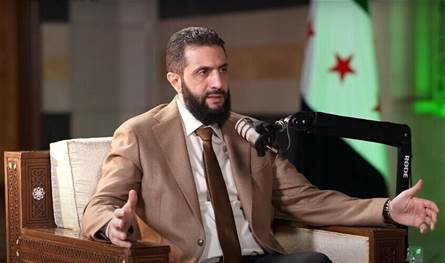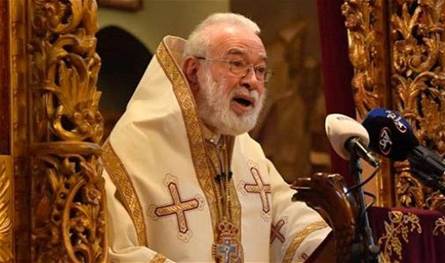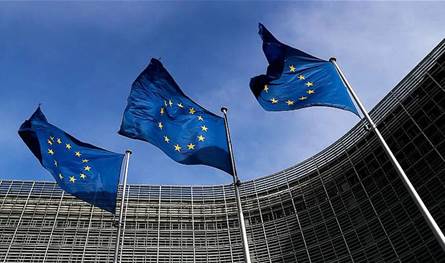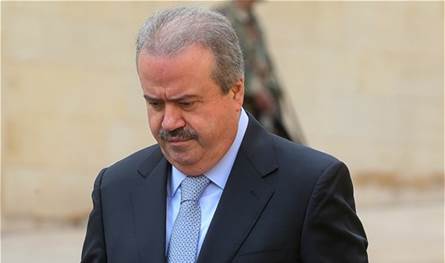The transformations in the region are led by the Gulf states?
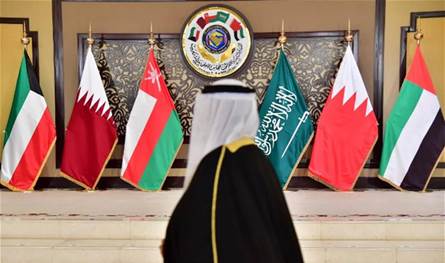
In the current stage, the region is witnessing a state of complex political rams, in which regional and international files overlap in an unprecedented way. The accelerating developments put the Gulf states at the heart of the re -positioning, in light of an increasing Israeli boom. This scene is inseparable from the series of Iranian -Saudi meetings, which are no longer just a transient detail, but rather turned into a pivotal event that would leave broad repercussions on the future of regional relations.
Informed sources clearly indicate that these meetings reflect a serious will for the two parties in opening a new page, which also appeared in the speech of Hezbollah Secretary General Sheikh Naim Qassem, who directly called for building a new relationship with Saudi Arabia. This invitation was not just a transient political position, but rather carries indicators of the existence of a greater rapprochement between Tehran and Riyadh, a rapprochement that would redraw the balance of power in the region and give the Gulf a more differentiated role than the previous. This step suggests that Saudi Arabia no longer looks at its national security from a single angle, but rather sees the necessity of building a network of multiple alliances that allow it a broader margin in facing the upcoming challenges. As for the Gulf -Israeli relations line, matters have entered into a very sensitive path. The recent leaks published by the Israeli media clearly showed that Tel Aviv was not ready to make any fundamental concession related to the Palestinian issue in exchange for normalization with Riyadh. This position indicates a real crisis in the path of relations between the two parties, and means that the Israeli betting to accelerate openness with the Gulf collides with political and popular barriers that cannot be ignored. All of these developments lead to a basic result: the region is coming to new dynamics that may turn the whole scene. The Iranian -Saudi rapprochement carries possibilities to reduce tension and establish a new balance, while Israel’s stress may deepen the political isolation it suffers and puts it in a confrontation with a different regional reality. As for the Gulf states, they are in turn facing an opportunity to redefine their roles away from the sharp alignments that have printed the past two decades, which makes the next stage full of possibilities, and open to paths with which unexpected surprises.
The post The transformations in the region are led by the Gulf states? appeared first on 961 tobay Lebanon today.



